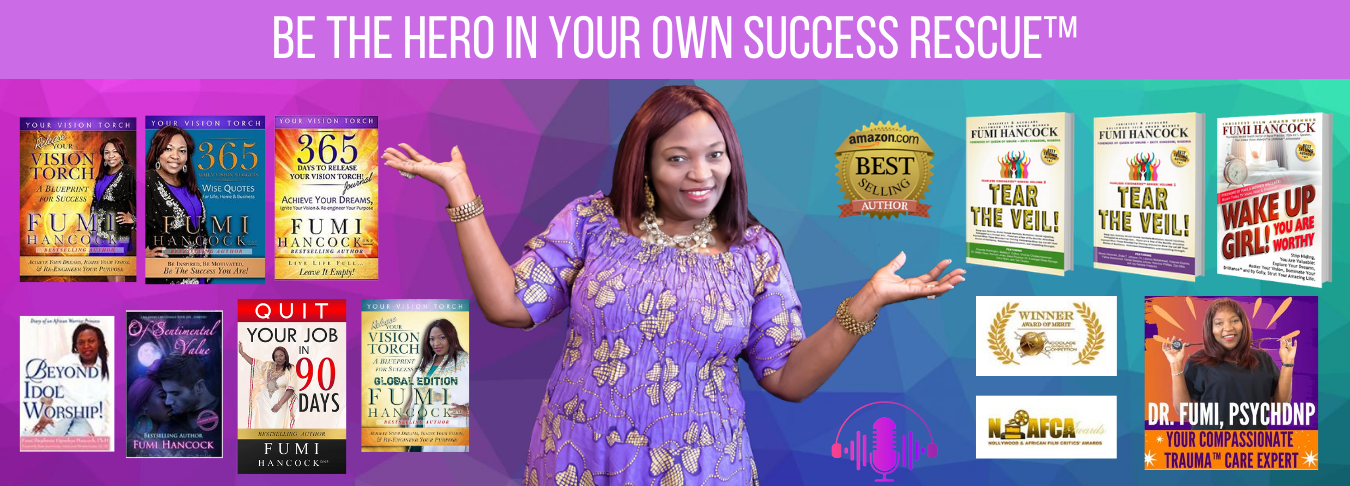 We’ve talked at length about the importance of creating content that people can easily share and make use of. But what does that entail? What makes content worthwhile? Well… the secret is to know how to spread your content and make it noticeable. For example, a great title makes content useful. So do the right images and the trust level you have with readers. Have you wasted their time too often? Where are you sharing your content initially? Wait… why don’t we run through the list together?
We’ve talked at length about the importance of creating content that people can easily share and make use of. But what does that entail? What makes content worthwhile? Well… the secret is to know how to spread your content and make it noticeable. For example, a great title makes content useful. So do the right images and the trust level you have with readers. Have you wasted their time too often? Where are you sharing your content initially? Wait… why don’t we run through the list together?
Titles Matter More Than You Think!
Your title needs to be both engaging and relevant. Maybe that means making it something that hooks people from the start. But do keep in mind that there’s nothing more disappointing than being hooked by a title, only to be let down by the rest of an article. Don’t lie… but do grab.
The Right Time, The Right Place… The Right Look
There’s a science to including effective, attention-grabbing images in your blog posts to get more engagement. Did you know that if you mix text into the graphic, people are more likely to look at your image? This explains why infographics are so popular and bring such great rewards.
It’s Not You… It’s Me… I Don’t Trust Your Content
As a content sharing company, you have a hard life to lead. Did you know that you need to come off as credible and trustworthy source of information to your audience? Your readers will engage with content that seems genuine, speaks to them, and reflects your brand. You can do that by citing trustworthy sources, helping readers feel like you understand them well, or even by challenging industry norms with more enlightening ideas. Remember the old sales mantra: To sell is to help. The more you help, the more successful you will be!
Don’t Let Me Down
There’s nothing better than being able to share content with others—but finding that content is getting harder and harder. I hate to share things with my followers that are dull, misleading or boring. This should factor into the design of your content. Try to avoid putting anything together that will bore, mislead or make people regret sharing your content. You have to make sure you are not letting your audience down.
Sharing Is Loving
My advice would be to do a little research. Your goal is to find out which social channels can give you access to your designated audience. If you know that your audience hangs out on Reddit, you should most definitely share it there. Don’t be shy. Start sharing where your audience is caring.
YOUR VISION TORCH Series
Achieve Your Dreams, Ignite Your Vision, & Re-engineer Your Life Purpose
More blog articles at www.yourinneryou.com
Dear Princess Column at: www.sentimentalnursewriter.com
Download your free sample here







